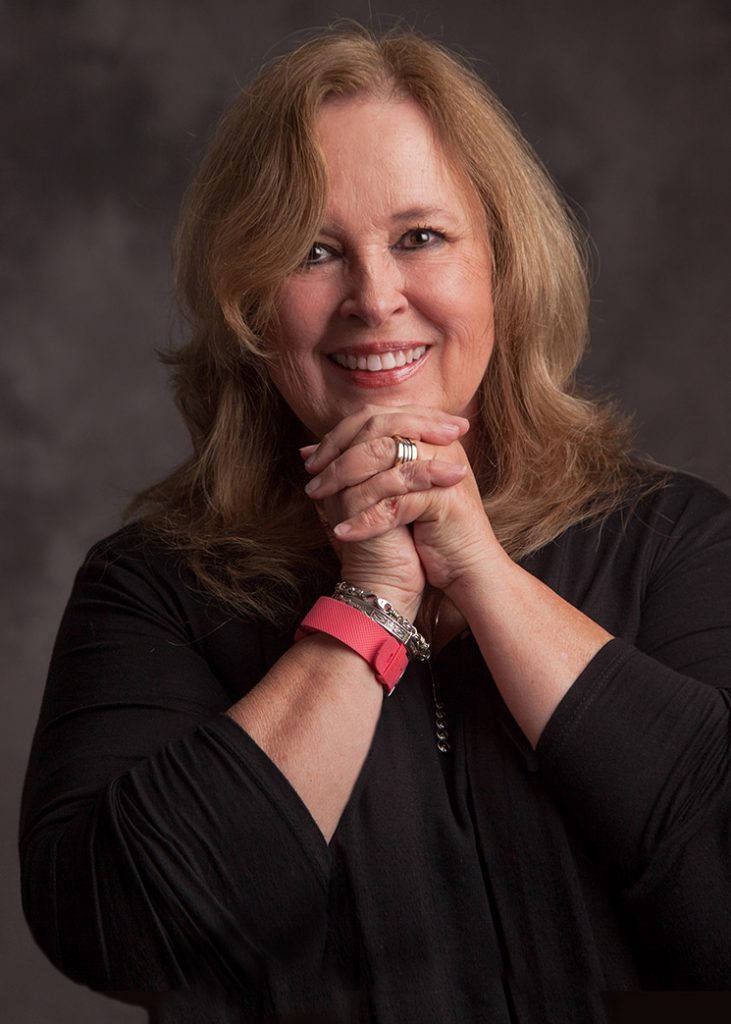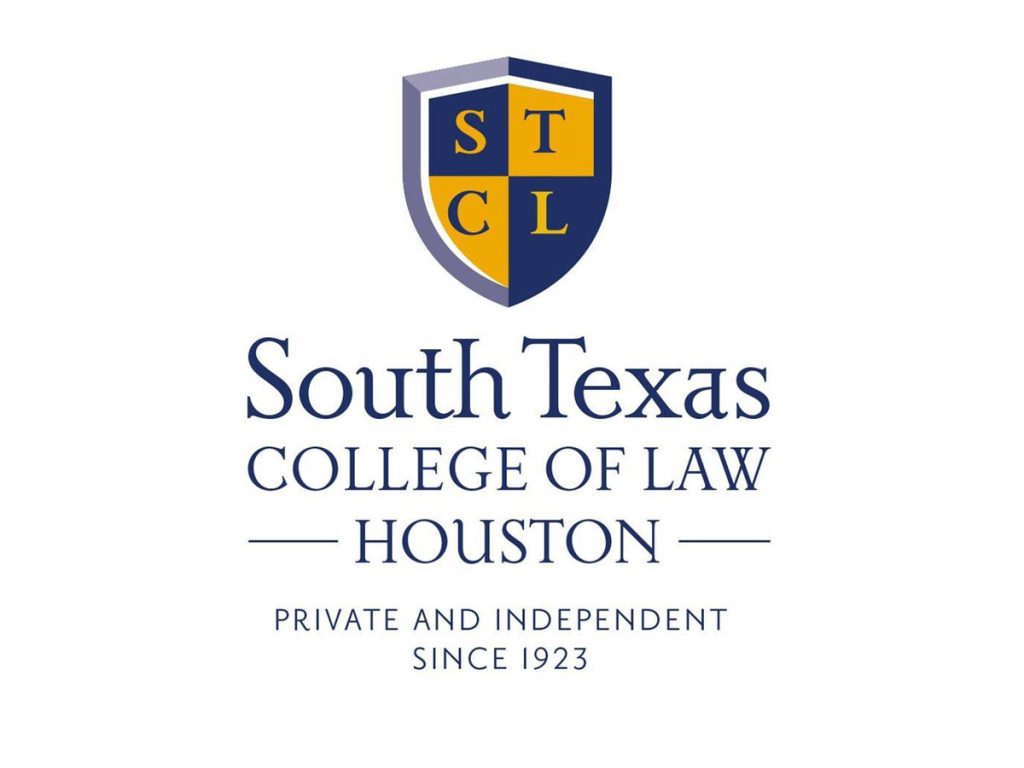 South Texas College of Law Houston’s Vice President and Associate Dean for Experiential Education Catherine Greene Burnett has been selected to receive the 2024 Lifetime Achievement Award by the Association of American Law Schools Pro Bono and Access to Justice Section.
South Texas College of Law Houston’s Vice President and Associate Dean for Experiential Education Catherine Greene Burnett has been selected to receive the 2024 Lifetime Achievement Award by the Association of American Law Schools Pro Bono and Access to Justice Section.
Dean Burnett will be recognized Jan. 4 in Washington, D.C., at the AALS’ 2024 Annual Meeting.
The letter notifying Burnett of her award noted, “Our subcommittee was inspired by the span of your exemplary and legendary career, your transformative impact on clinical education and the legal community as a clinic director, and as a leader in public service. We absolutely loved learning about the first clinic you started out of a converted gas station. We were truly moved to learn about all you have done. As your nomination letter said, the ripple effect of your work is tremendous.”
South Texas Law President and Dean Michael F. Barry said, “We are so proud of Dean Burnett’s well-deserved recognition. Service is one of the hallmarks of the South Texas mission — and Dean Burnett has exemplified that aspect of our mission with dedication, imagination, and vision for more than three decades.”
Burnett created the law school’s first “client service clinic” in August 1990, offering free legal services to the Greater Houston community. From the beginning, her vision combined two important elements: law students who wanted practice-ready legal skills, and individuals in the community who needed representation but could not afford attorneys. In addition, she explained, “a critical feature of our direct representation clinic program is that we have always worked collaboratively with other service providers in the area. We try to address the unmet needs of the community. We ask, ‘Where can we fill in the gaps?’ ”
As a professor of law for 36 years, Burnett has taught and mentored hundreds of law students. While her work at the law school alone would merit this honor, the impact of what she started in that small, converted gas station down the street from the law school has spread across Greater Houston, across the State of Texas, and across the nation. Through just one program, for example, the legal services clinics have served more than 13,000 families in the past 33 years.
In addition, the impact of Dean Burnett’s vision for a model clinical education program has equipped and inspired thousands of students who participated in the clinics as well as the staff attorneys who worked in the program. They, in turn, have carried their skills, knowledge, and passion for pro bono/public service work into law firms, government service, organizations, and dedicated nonprofits like Lone Star Legal Aid, Houston Volunteer Lawyers, and Beacon Law.
The ripple effect is tremendous. In just one example, Ellyn Haikin Josef served as staff attorney for the domestic violence clinic at South Texas College of Law Houston from 2002-07, then was hired by Vinson & Elkins to serve as its first-ever full-time pro bono counsel.
“Cathy is my hero,” Josef said. “I manage our robust pro bono program at V&E, and anything I ever learned about managing pro bono work I learned from Cathy. Today — every day — she is still representing the indigent and trying to ensure they have access to justice. There is not a pro bono corner of this city that does not know Cathy. Nor is there an organization that doesn’t want her on their board, serving as a voice of knowledge and wisdom.”
With Burnett at the helm of the pro bono/public service work at South Texas Law, and excellent faculty and staff working closely with her, the law school has been chosen by the Supreme Court of Texas — through the Texas Access to Justice Foundation — four times in the last 10 years as the Access to Justice Law School Commitment to Service Award recipient.
The law school’s mission is to provide a diverse body of students with the opportunity to obtain an exceptional legal education, preparing graduates to serve their community and the profession with distinction. South Texas Law takes the “service” part of its mission very seriously. Pro bono service is a South Texas tradition — and Dean Catherine Greene Burnett is a key reason.
Burnett said it was an unexpected honor to receive this award, and she is quick to point out that the success of South Texas Law’s clinics and its strong pro bono legacy are the result of the persistent efforts of many people.
“ ‘My’ achievement was only possible because of our law school’s consistent support for the blend of skills training with community service that drives our clinics,” Burnett said. “I share this honor with the cast of dedicated faculty and public interest attorneys and professional staff and committed students that make the promise of our clinics a reality. Also, this achievement must be shared with all the ancillary services the school provides to our clinical program so we are free to focus on our dual missions of education and service. The chance to work together with all these folks has made my professional life a joy. And I am grateful for those opportunities and our community.”
Jessie Campbell, the supervising attorney for Lone Star Legal Aid’s private lawyer involvement program, previously worked at Houston Volunteer Lawyers and now chairs the Pro Bono Committee of the Houston Bar Association’s Disaster Task Force.
“I recognize people who have had a relationship with the South Texas Law clinics because they really understand what it means to be a pro bono attorney,” Campbell said. “There is no doubt in my mind that the model of clinical education Dean Burnett has built at South Texas College of Law Houston has influenced pro bono work across firms, other law schools, and nonprofits across Texas.”
To Burnett, partnering with other community groups is fundamental to the purpose and success of the clinical program — with collaborative partners including Lone Star Legal Aid, Houston Volunteer Lawyers, Harris County Health Services, United Way, law schools, and more.
Betty Balli Torres, executive director of the Texas Access to Justice Foundation, noted, “Our records show that South Texas College of Law Houston — in programs funded by TAJF grants — served 13,651 families from 1992 to 2022 — all under Dean Cathy Burnett’s leadership.”
Torres added, “I rarely see South Texas working alone; they are always working with partners to have the greatest impact… to move the ball forward. She’s always trying to figure out how to position the students and the law school to serve low-income people.”
The first clinic offered assistance for indigent individuals with disabilities fighting for Social Security benefits. As community needs shifted, Dean Burnett added more clinics to respond to the current unmet needs of the day. Some of the latest issues addressed by the clinics at South Texas Law include housing/landlord relationship issues and eviction defense (became a huge crisis during the pandemic); a medical/legal partnership with Harris Health and UTHealth; and an opioid-use disorder clinic.
Each clinic at South Texas is like a mini law firm. The clinical classes teach doctrine and skills – including how to talk to people, how to offer advice and counsel, cultural humility, and teamwork. Students consult with one another and with professors.
Dean Burnett said students grasp they are truly becoming lawyers when they first help real clients in a clinic. “When they experience for the first time that their knowledge and skills can make a difference in someone’s life, it is heady,” she said.
Beyond the numbers are the real people who have been helped. In particular, Torres noted the thousands of people South Texas Law helped keep their housing when faced with eviction. “To keep a family in their home, together, with no one sent to stay with relatives, no one living in a car, children still going to school… that’s everything. The impact is huge.”


